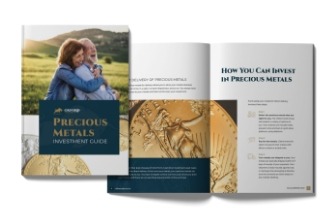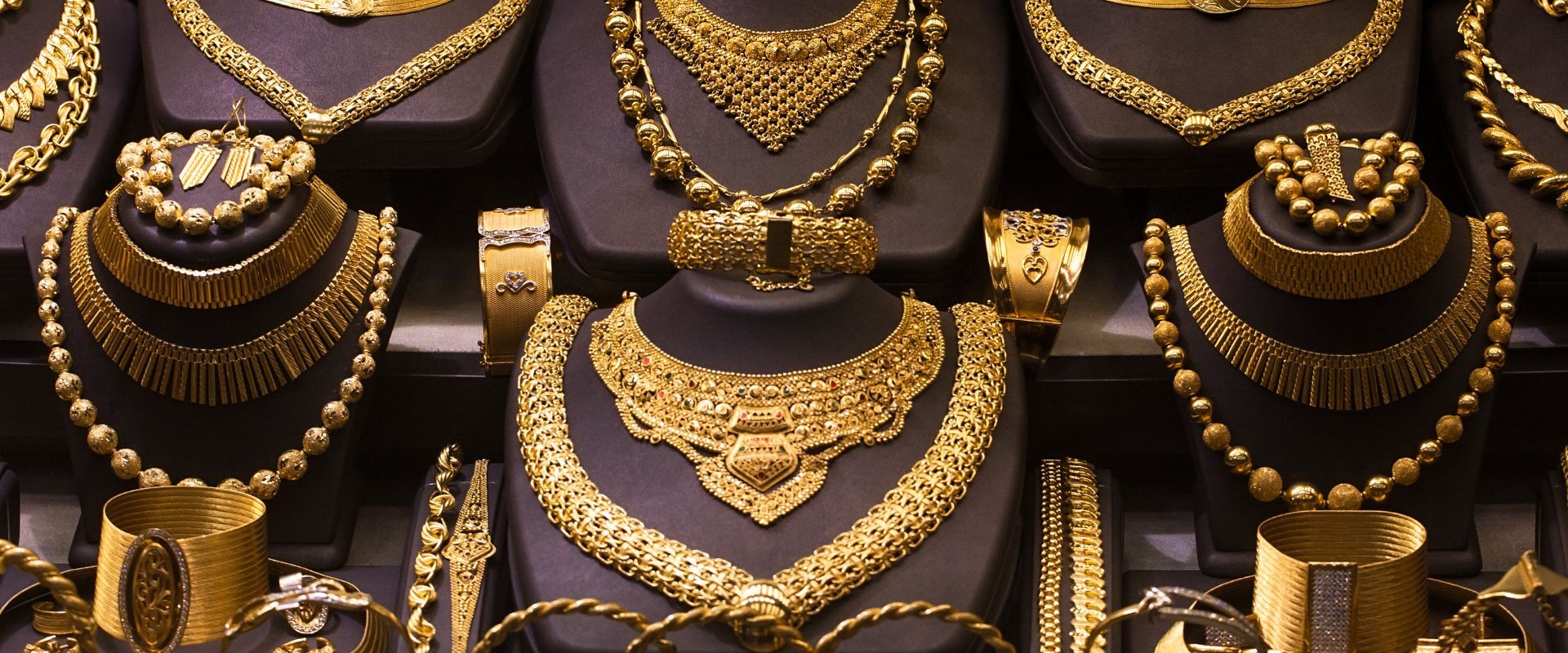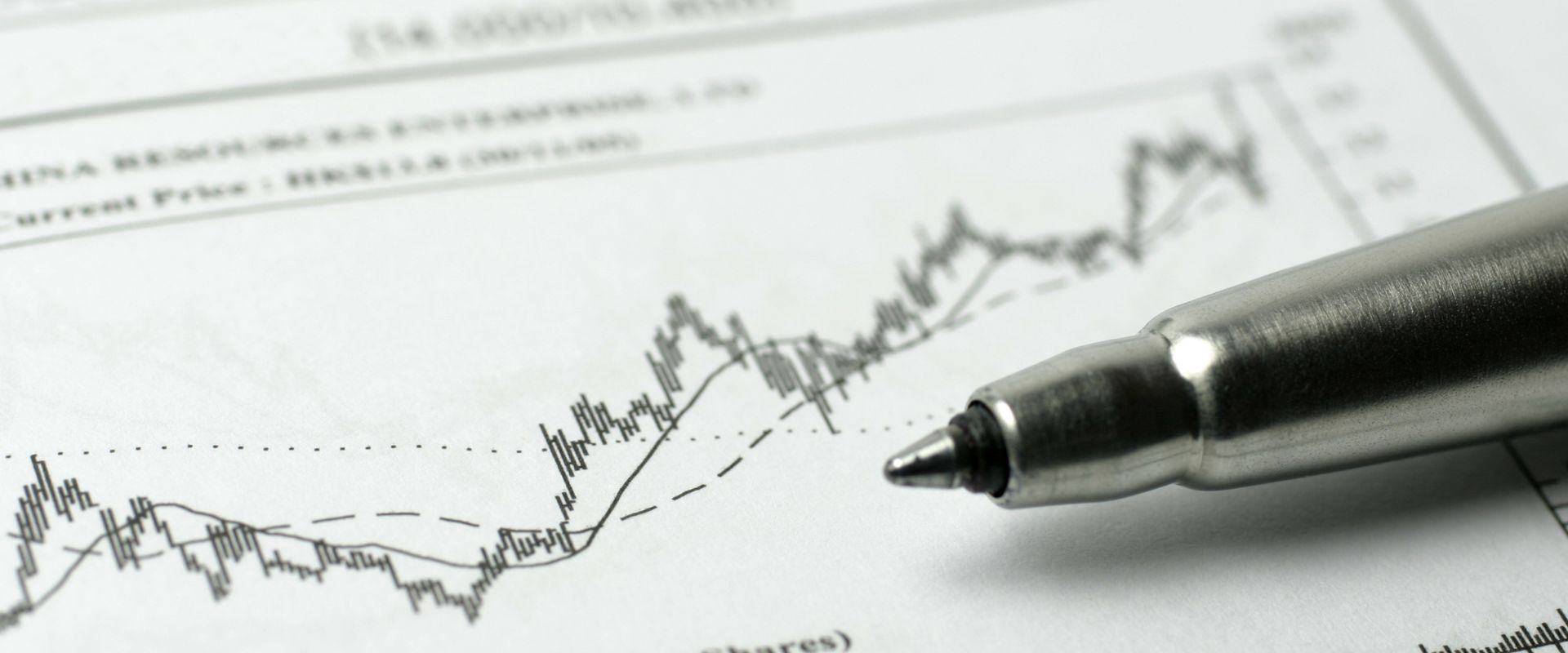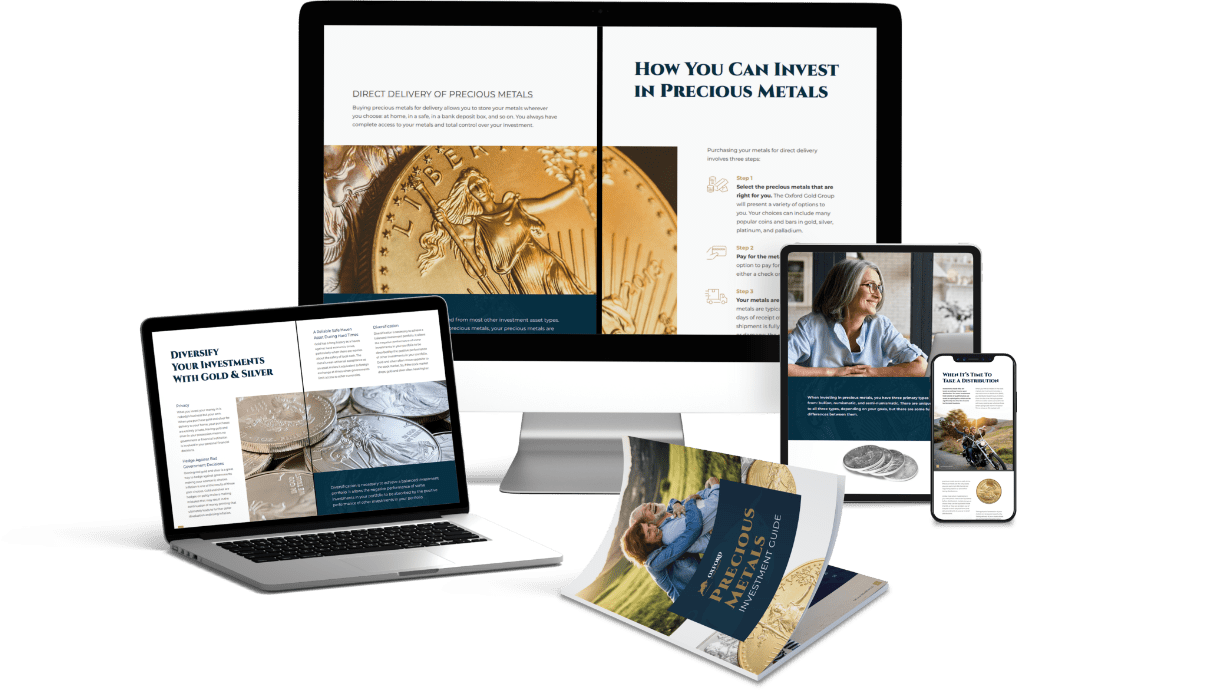Worries over tightening of pandemic restrictions make for gloomy start to the week
Global stocks suffered a heavy hit on Monday, while government bonds rallied and the US dollar snapped a losing streak in a rush of nerves about the fate of the economic recovery and a potential new set of lockdowns to tackle the coronavirus pandemic.
The S&P 500 index dropped 1.2 per cent, the fourth down-day in a row for US stocks, which have remained under pressure since the Federal Reserve’s most recent meeting on monetary policy last week.
Investors had expressed disappointment that the US central bank did not spell out in greater detail its plans to support the economic recovery through its bond-buying programme, which it rolled out in March amid a surge in volatility.
Beyond the Fed, Patrick Leary, chief market strategist at Incapital, flagged the upcoming US presidential election in November as well as the stand-off between Democrats and Republicans over a new relief package. Policymakers have been unable to come to a compromise over how much new stimulus to provide, jeopardising an economic recovery that began haltingly in May.
“There is just little reason to not take profits . . . before such a volatile thing like the election,” Mr Leary said. As well, “there are enough reasons to be concerned that there may be long-term damage to the economy”.
Declines in Europe were even more pronounced, with Germany’s Dax dropping by 4 per cent in its worst day since June.
Renewed virus concerns dealt a blow to bank and travel shares across markets, pulling Bank of America down 4 per cent and United Airlines down 10 per cent at one point. The UK is considering tighter lockdown restrictions as a result of rising case numbers.
Patrick Vallance, Britain’s chief scientific adviser, warned on Monday that there could be 50,000 new infections every day by mid-October if the virus continued spreading at its current rate. New infections in the UK were doubling every seven days, he said.
London’s FTSE 100 dropped 3.5 per cent, felled in part by the travel sector. Shares in British Airways owner IAG were down 12 per cent, while Trainline lost 13 per cent and InterContinental Hotels slipped almost 4 per cent.
Oil prices also fell 4 per cent to $40 a barrel for benchmark Brent, as traders grew anxious over the outlook for energy demand. The drop hit energy giant BP hard, sending its share price 4 per cent lower to a multi-decade low.
The dollar, meanwhile, rose 0.7 per cent to its highest point since July, while the yield on the benchmark 10-year US Treasuries fell 2 basis points, to 0.67 per cent, as investors sought safe-haven assets. Bond yields fall as prices rise.
Bank shares also suffered. In the UK, lenders including Lloyds Banking Group and Barclays slid. Deutsche Bank shares were down as much as 8 per cent, their biggest one-day fall since April. Meanwhile, HSBC’s London-listed shares fell 5 per cent to their lowest point for more than 20 years and the bank’s Hong Kong-listed stock sank to its lowest point for more than 25 years.
The sell-off is “mainly down to what’s happening in terms of Covid-19 and potential second lockdowns”, said Artur Baluszynski, head of research at the investment manager Henderson Rowe.
Analysts at Deutsche Bank said: “We do expect the pace of recovery to slow over the next several quarters in most if not all economies as the virus spreads faster with the arrival of cold weather in the northern hemisphere, and thanks to a likely halt in US fiscal support until after the election this November.”
However, despite fears of renewed lockdowns and the uncertainty posed by the US election, the wider sell-off should “prove fairly limited given the sheer abundance of central bank and government support at hand, which should ultimately place a sturdy floor under the markets”, said Candice Bangsund, vice-president and portfolio manager at Fiera Capital.
Nick Nelson, head of European equity strategy at UBS, said markets had until Monday been “looking through” rising infection numbers. But the sell-off is unlikely to be as dramatic as March’s, he added: “This feels more like a correction from effectively a rally that had gone just a little bit too far.”
Financial Times – Colby Smith in New York, Camilla Hodgson in London and Hudson Lockett in Hong Kong –








